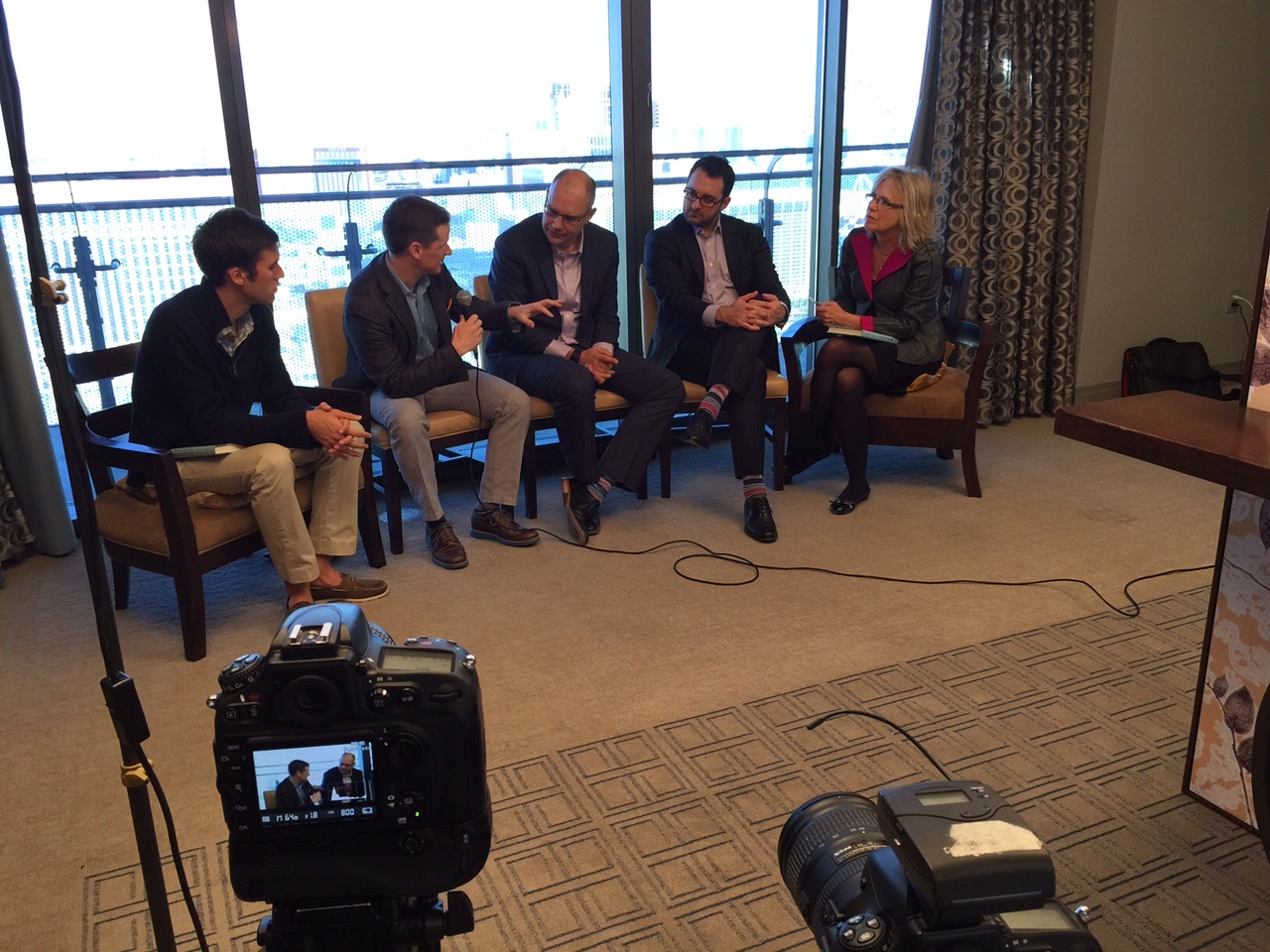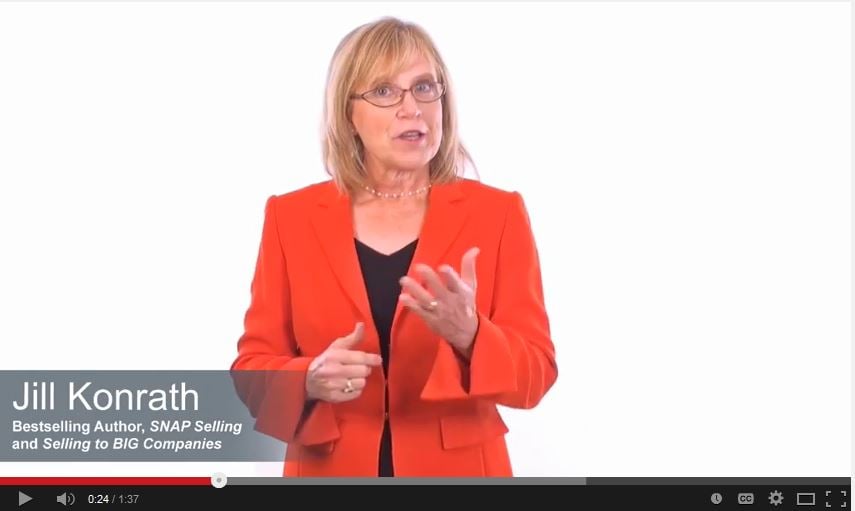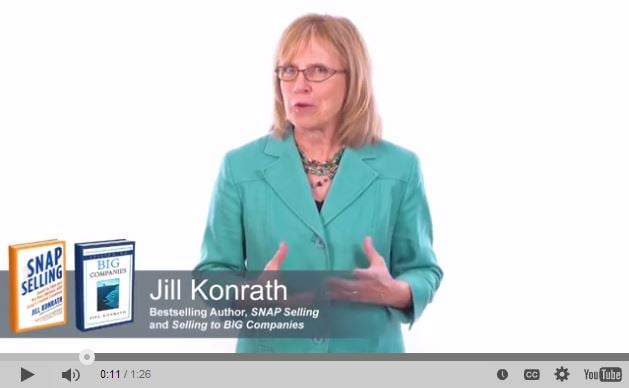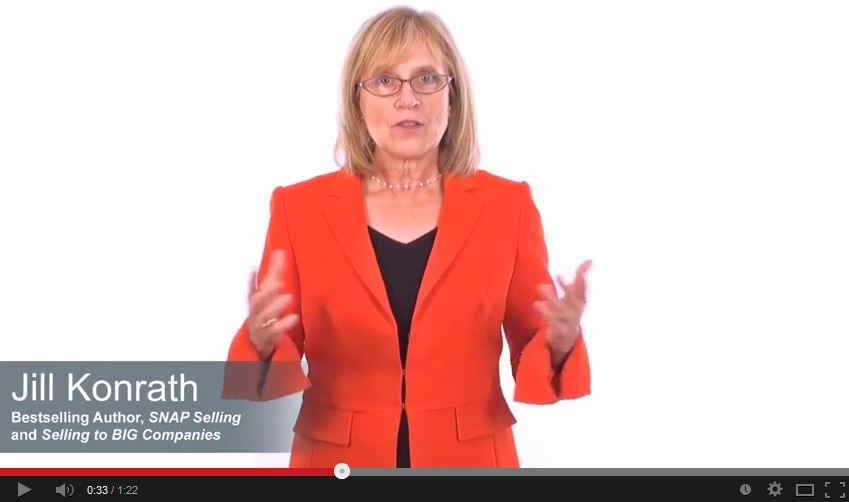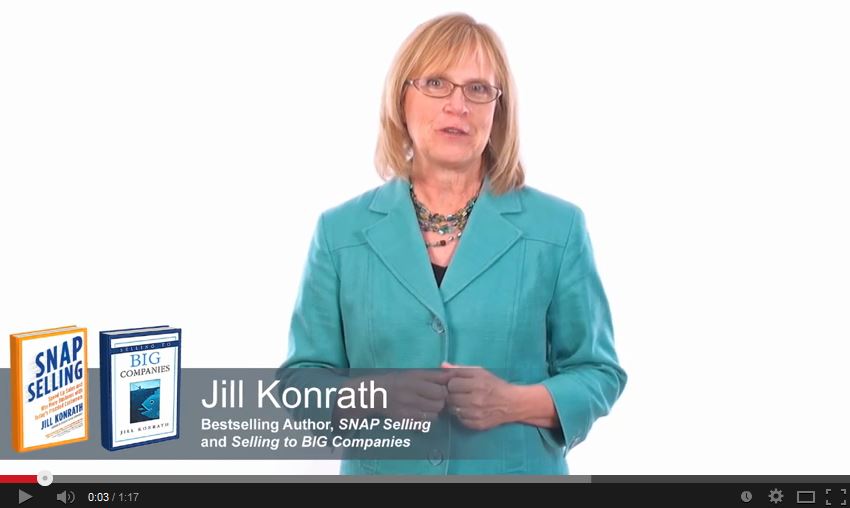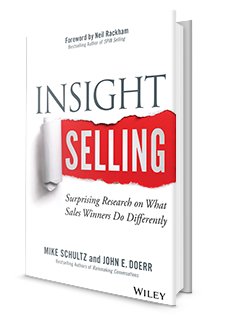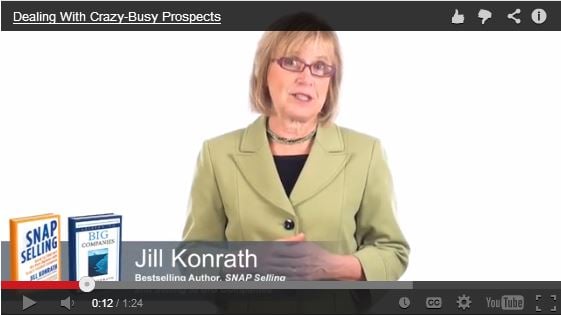Dead Trees, Sales Pipelines & Loss Aversion [Research]
A massive clap of lightning awoke me from a dead sleep at 3 am. It was pouring outside. I responded as I always do in a storm—rushing downstairs to unplug my computers, hoping they weren’t already fried.

